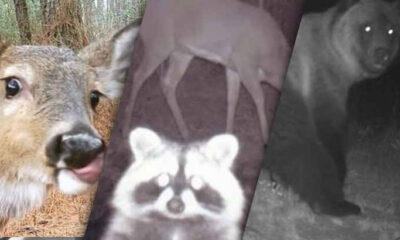There are more than eight million species on this planet. Many of us love to have the weirdest and most wonderful creatures on the planet in our homes.
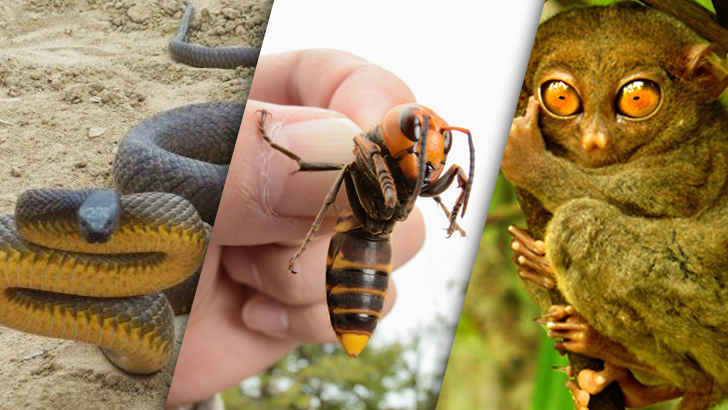
Although the exotic pet trade can be a huge market, it looks as though there is a bridge that even the most daring of us aren’t willing to cross. The internet can be a marvelous thing, and somewhere we can sit back and enjoy all of these dangers from the comfort of our own home.
Great White Shark
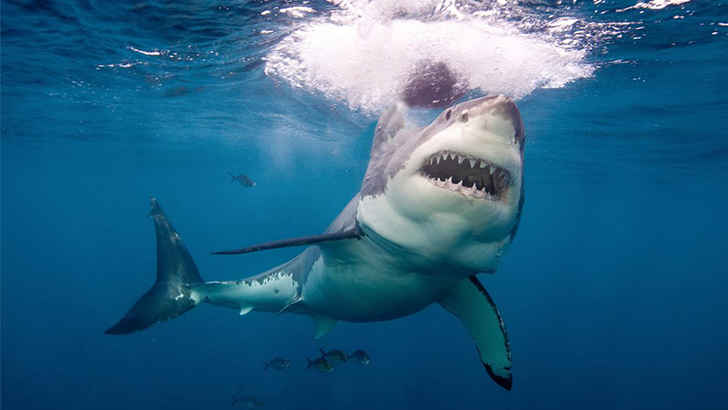
Here is the true king of the sea: the Great White Shark. Great whites can not only swim up to 37 mph, but they can also grow up to 20-foot-long meaning they can outmaneuver almost any prey.
Black Mamba
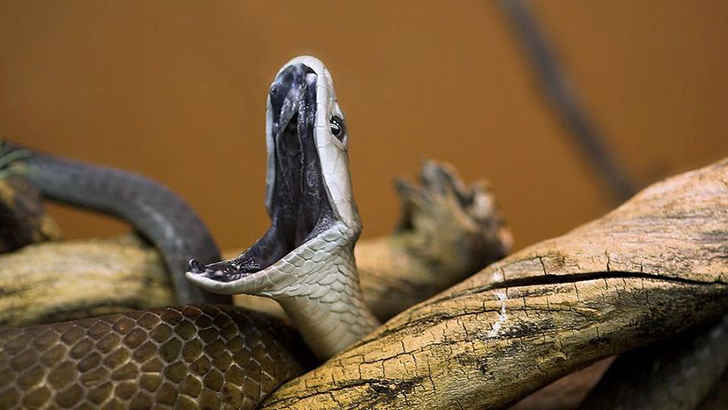
It’s the black lining of this snake’s mouth that has earned it the title of Black Mamba. They are incredibly fast, venomous snakes that can travel up to 12-and-a-half mph.
Giant Pacific Octopus
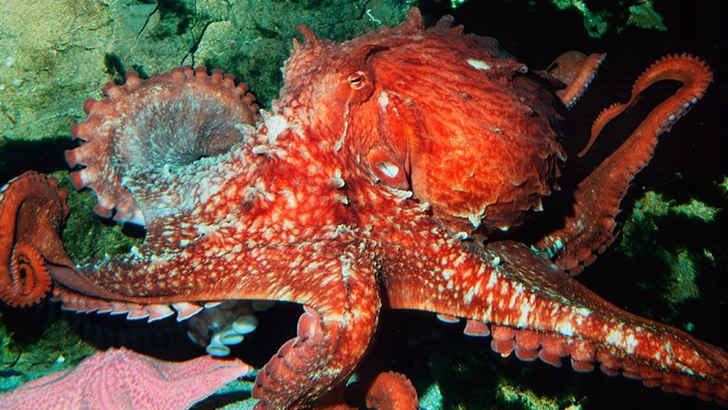
The Giant Pacific Octopus lives up to its name as the creatures can grow to a staggering 16-foot across as well as weigh up to 110 pounds. They adapt to camouflage to their surroundings as they lie in wait of any prey.
Deathstalker
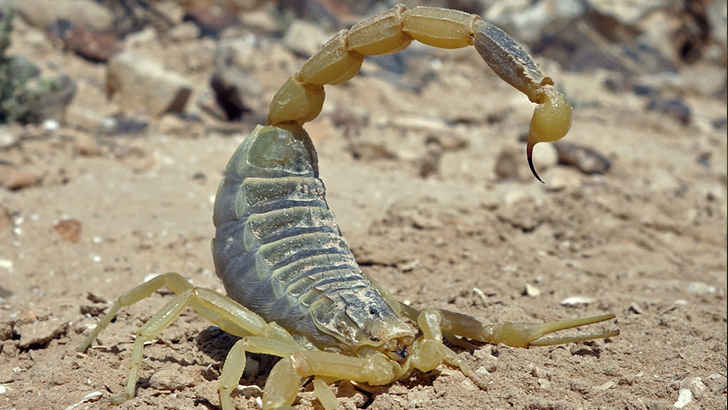
The world’s most dangerous scorpion. Their venom is so potent the Deathstalker can cause symptoms such as a coma, unbearable pain, paralysis, fever, convulsions, and sometimes even be fatal.
Indian Taipan
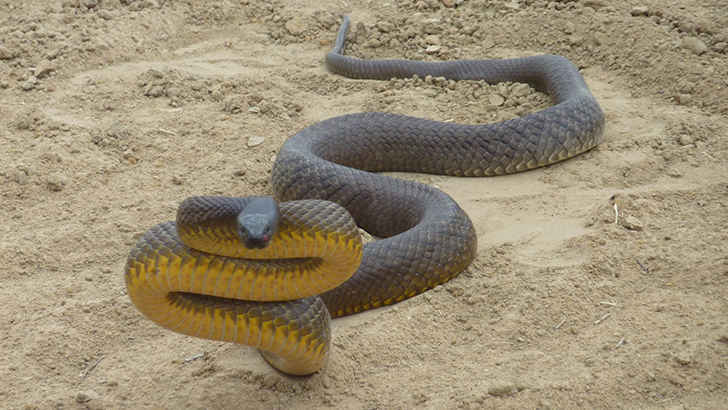
This reptile is often called the most venomous snake in the world thanks to the power of its bite. They have so much venom in one bite that means this snake is capable of wiping out 100 adults or 250,000 mice.
Komodo Dragon
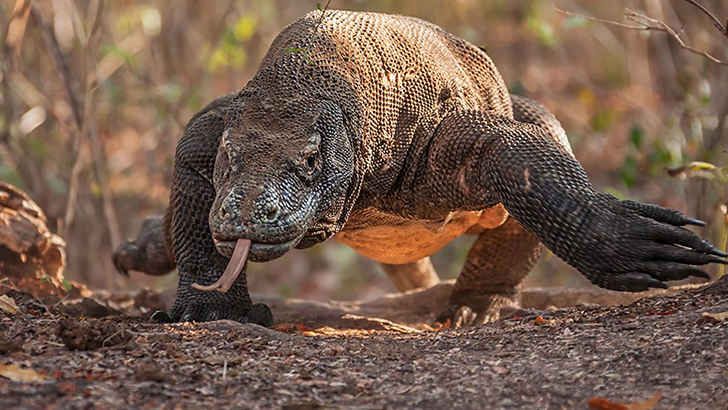
One of the most terrifying things about the Komodo Dragon is how they hunt their food. The reptiles lie in the bushes and wait for unsuspecting prey to wander by before launching a full-scale attack.
Gorilla
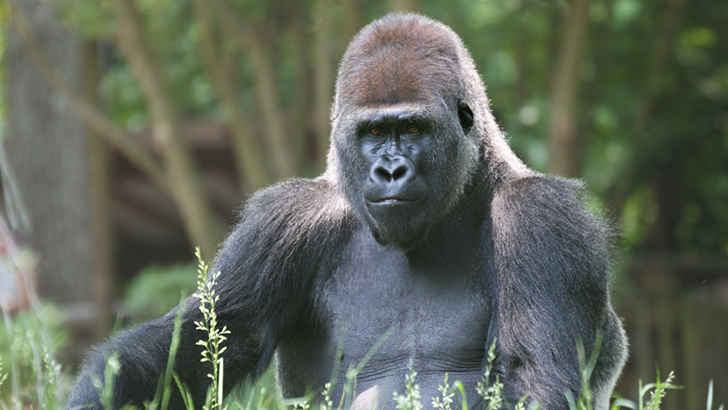
The displays of attack begin with many warning signs such as grunting, scratching, and even thumping. However, if gorillas still feel as though they’re being challenged, then they will launch a full attack.
Brazilian Wandering Spider
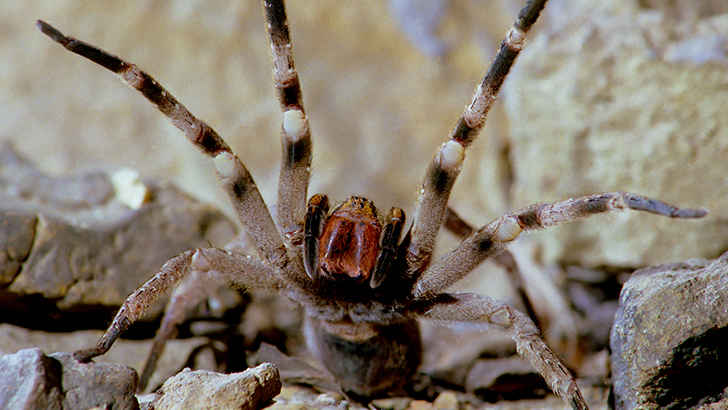
Anyone unlucky enough to get bitten by this spider usually suffers from a slow or fast heartbeat, blurred vision, excessive sweating, low or high blood pressure, and vertigo.
Asian Giant Hornet
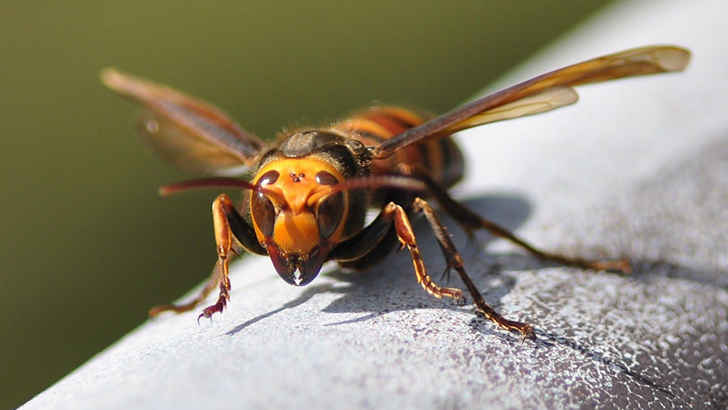
As their name suggests, the Asian Giant Hornet is found all over the continent of Asia and a sting is often compared to getting shot with a nail gun. You may have heard them called “murder hornets” after they’ve seemingly found their way into North America in 2020.
Hippopotamus
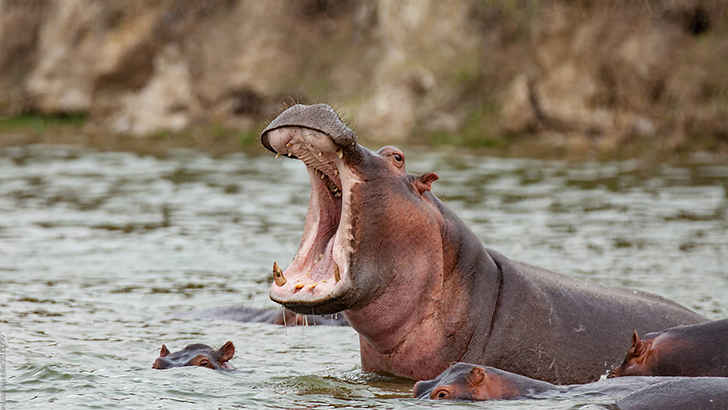
Believe it or not, Hippos are often considered to be one of the most dangerous species on the planet. The animals don’t attack because they want to eat us, it is because they are known to be extremely territorial.
Saw-Scaled Viper
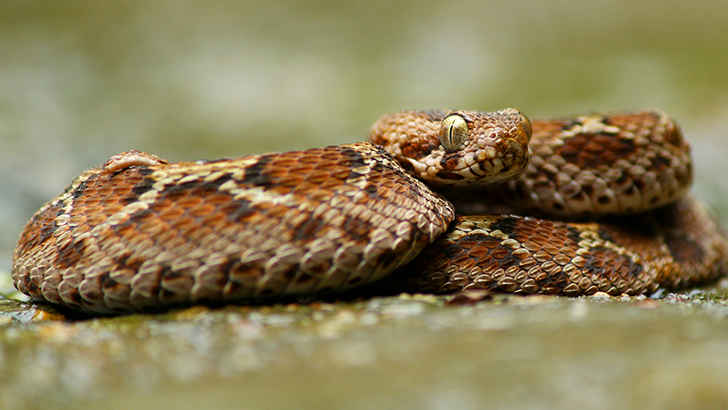
What these snakes lack in size they make up for in aggression. Victims have around 10 hours to find help before their circulatory system collapses, and they have major internal bleeding.
Puffer Fish
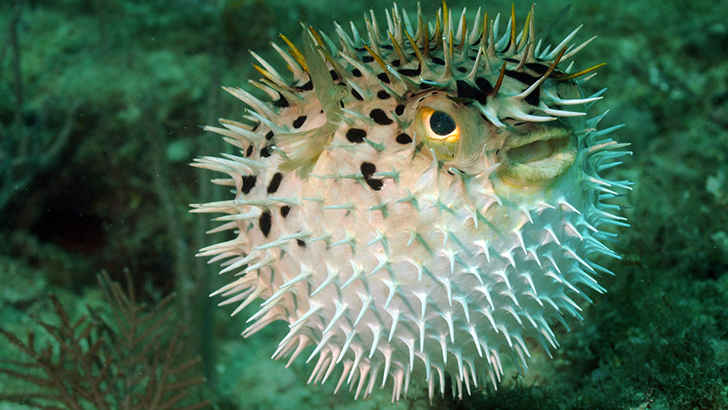
The Puffer Fish is known as one of the clumsiest fish in the sea. These fish not only puff up and become too large for predators, but almost every species is covered in tetrodotoxin.
Assassin Bug
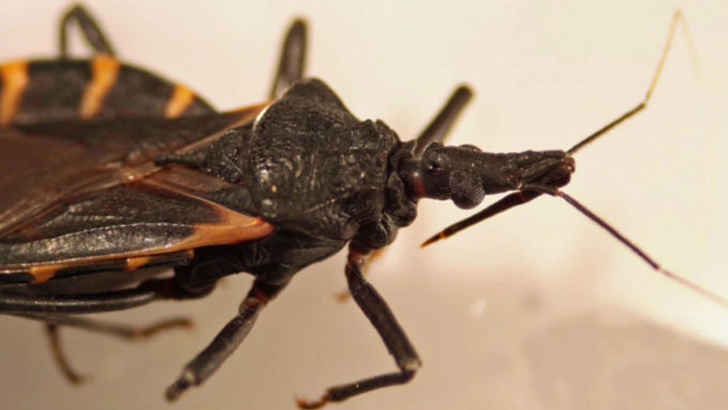
Assassin by name, assassin by nature. These bugs also have another name: the kissing bug. That’s because they often bite humans around the lips where they deliver their potentially fatal injection.
Piranha
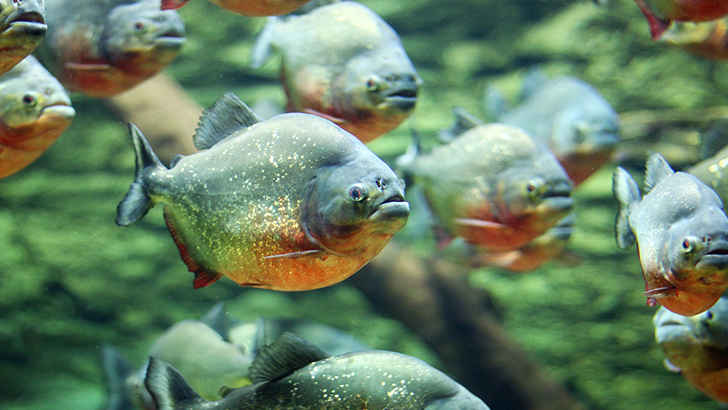
These fish have been dominating the waters of South America for millions of years. Although there are several species of Piranha, it’s thought red-bellied and black piranhas are the most dangerous on the planet.
Spectacled Caiman
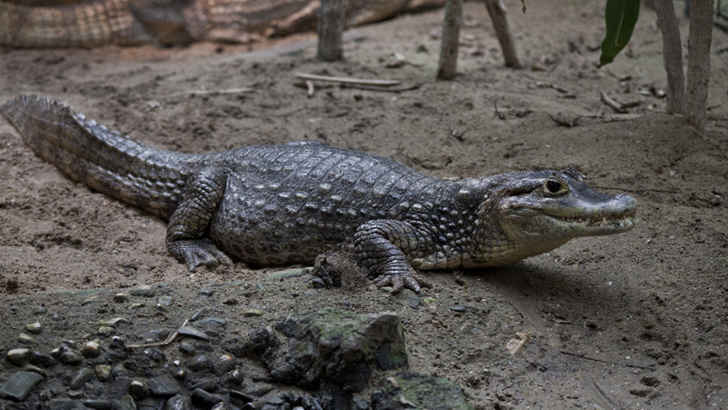
Thankfully, most of these Caiman are too small to take on a human. They are ideally suited to hunt down all kinds of prey thanks to their small eyes, powerful tails, and even more dangerous jaws.
Stonefish
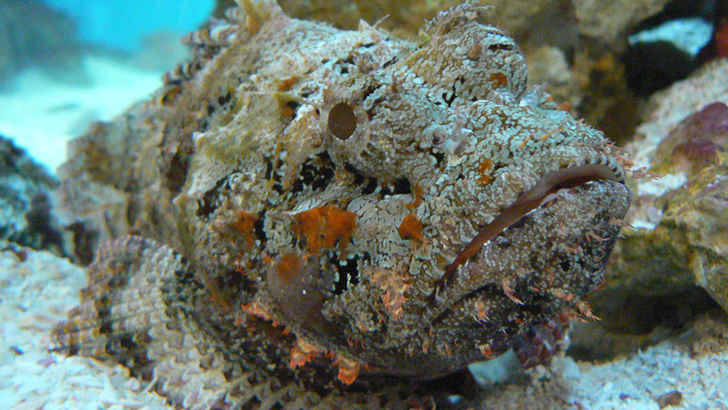
Here we have what is considered to be the most dangerous fish on the planet. This perfectly camouflaged sea creature, if threatened, will shoot out 13 venomous spines as a way to defend itself.
Water Monitor
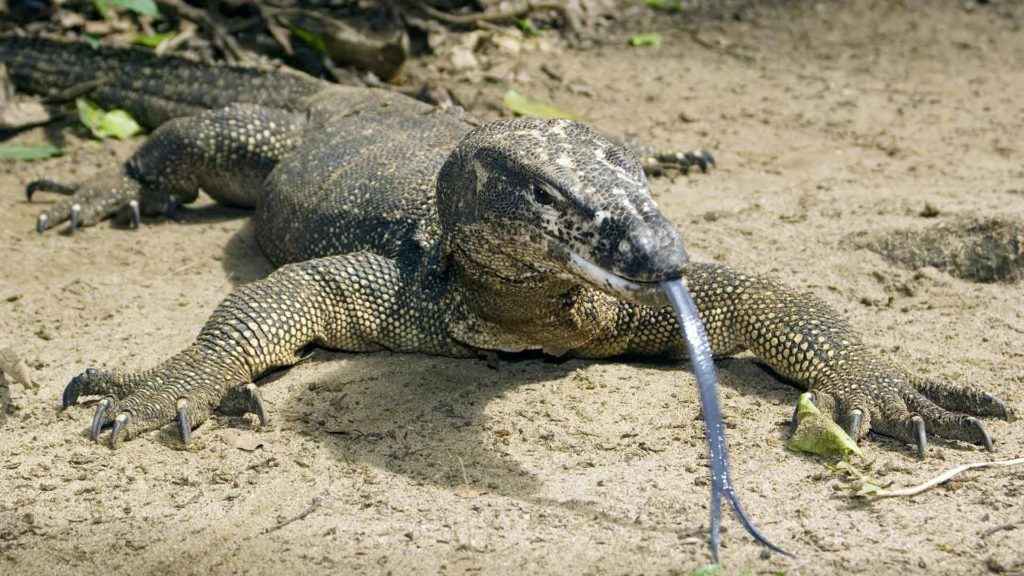
Water Monitors can smell with their tongues while underground or underwater. The creatures will then do anything to catch their prey, including running, swimming, and climbing.
Anaconda
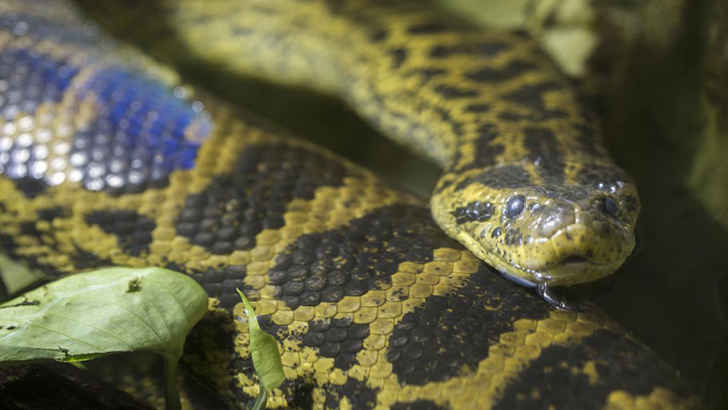
Some of these snakes have been recorded to grow up to 30-foot-long, and it’s their weight and size that make Anacondas so dangerous. The snakes will bite and catch prey before using their bodies to crush and suffocate their meal.
Tarsier
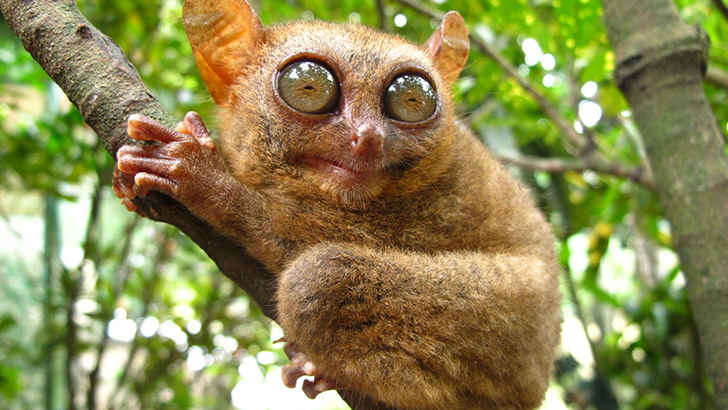
Although these creatures might resemble a bug-eyed teddy bear, they are some of the most dangerous species on the planet thanks their bite.
King Cobra
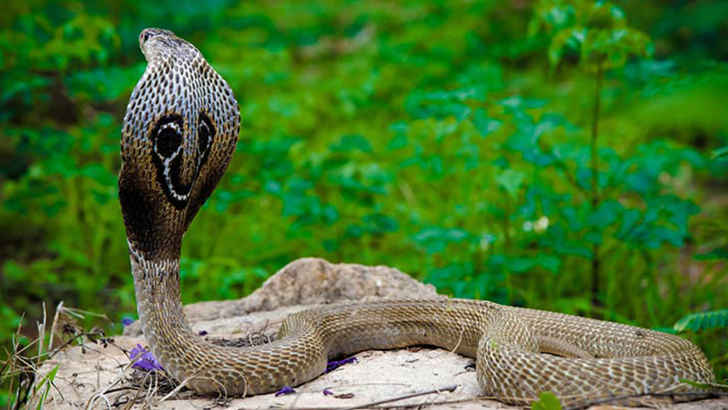
King Cobras can reach lengths of up to 18 feet and hold 6-foot of their bodies off the ground at once. They are the longest venomous snake in the world, and their bite packs quite the punch.
African Elephant
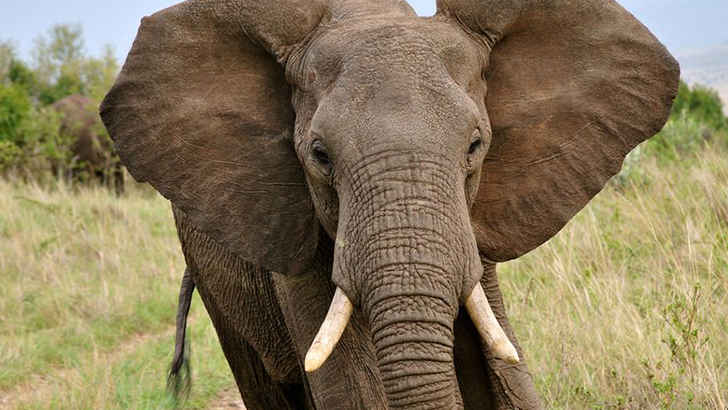
The mere size of an African Elephant is what makes this mammal so dangerous. Both young and old males are the worst offenders as they use their 12,000 pounds of weight.
Portuguese Man O’ War
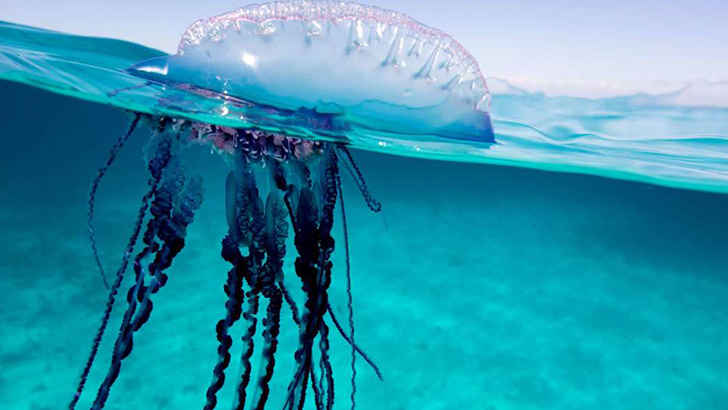
This creature is a siphonophore meaning it’s made up of several different colonies of creatures who work together to survive with some tentacles growing up to 165 feet in length.
Sidewinder
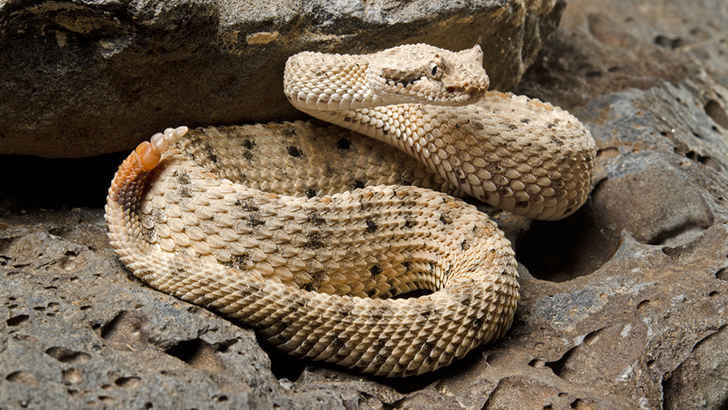
These snakes earned their name thanks to the unusual sideways motion they make across the sands of North and South America. Sidewinders will ambush any prey that strays too close to its nest and inject a dangerous venom.
Saltwater Crocodile
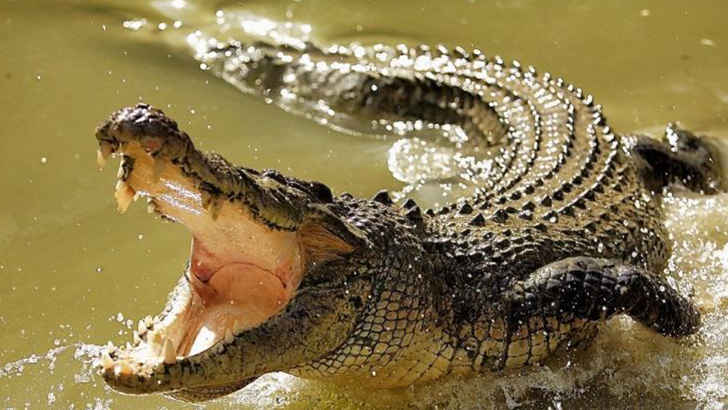
These crocs can grow up to 17-feet long and use their incredible size and strength to take down almost any other animal that stands in its way. In fact, their jaws are strong enough to break bones as if they were twigs.
Poison Dart Frog
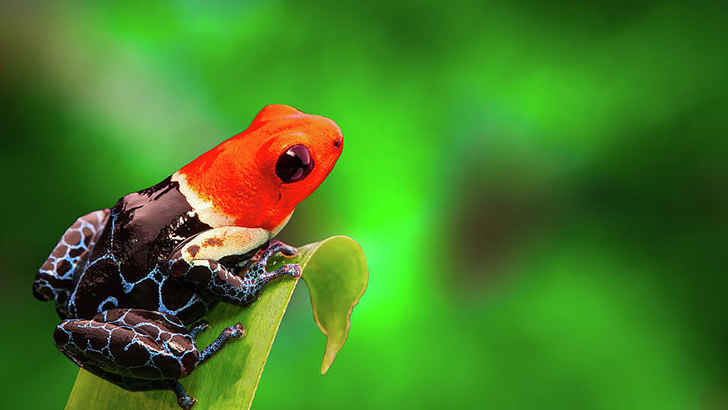
Poison Dart Frogs are small but lethal reptiles and are the most poisonous creatures on Earth thanks to their toxic skin.
Blue-Ringed Octopus
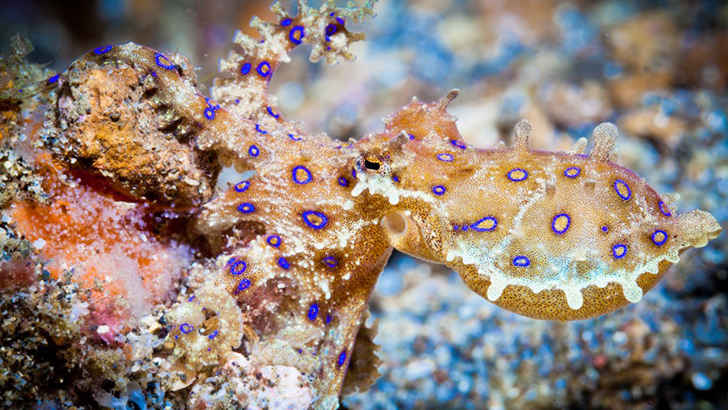
This little critter can secrete enough venom that it can merely be soaked in through the skin of anyone else in the water. After just five minutes, people typically suffer numbness, difficulty speaking, and even full paralysis.
Flower Urchin
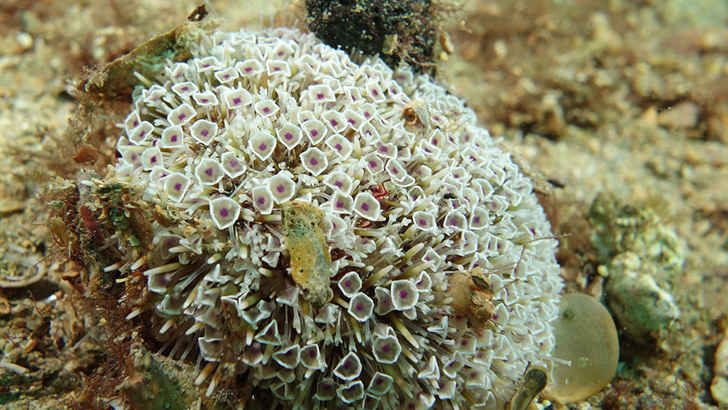
Flower Urchins hold the title of being the most dangerous sea urchin. They are filled with two types of venom – one causing muscular spasms, while the other causes anaphylactic shock, convulsions, and can even be fatal.
Africanized Honey Bee
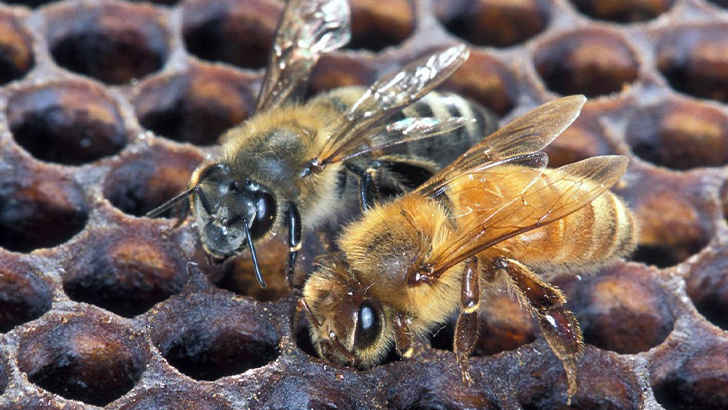
These bees were the result of a complete accident after someone wanted to make a more productive species of bee. These insects have now earned the nickname “killer bees.”
Cone Snail
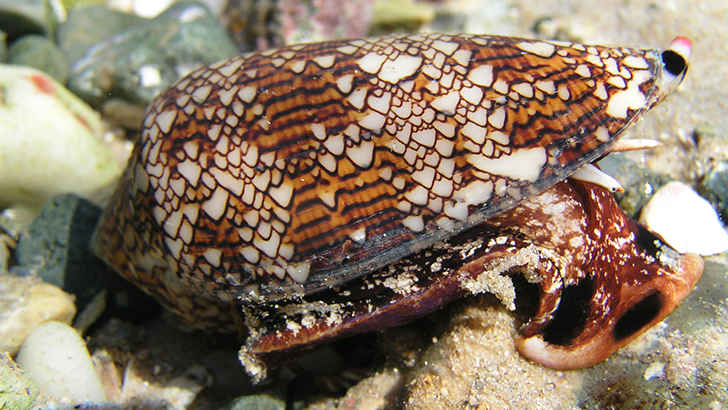
These creatures are hiding a dangerous secret. Underneath that shell is a needle-like tongue that can inject more than 100 toxins in the blink of an eye.
Bullet Ant

There is a good reason that bullet ants earned their name: many people that have been stung by the insects have compared it to getting shot. Thankfully, the only way their bite is fatal is if the person is allergic.
 Although the exotic pet trade can be a huge market, it looks as though there is a bridge that even the most daring of us aren’t willing to cross. The internet can be a marvelous thing, and somewhere we can sit back and enjoy all of these dangers from the comfort of our own home.
Although the exotic pet trade can be a huge market, it looks as though there is a bridge that even the most daring of us aren’t willing to cross. The internet can be a marvelous thing, and somewhere we can sit back and enjoy all of these dangers from the comfort of our own home.






























